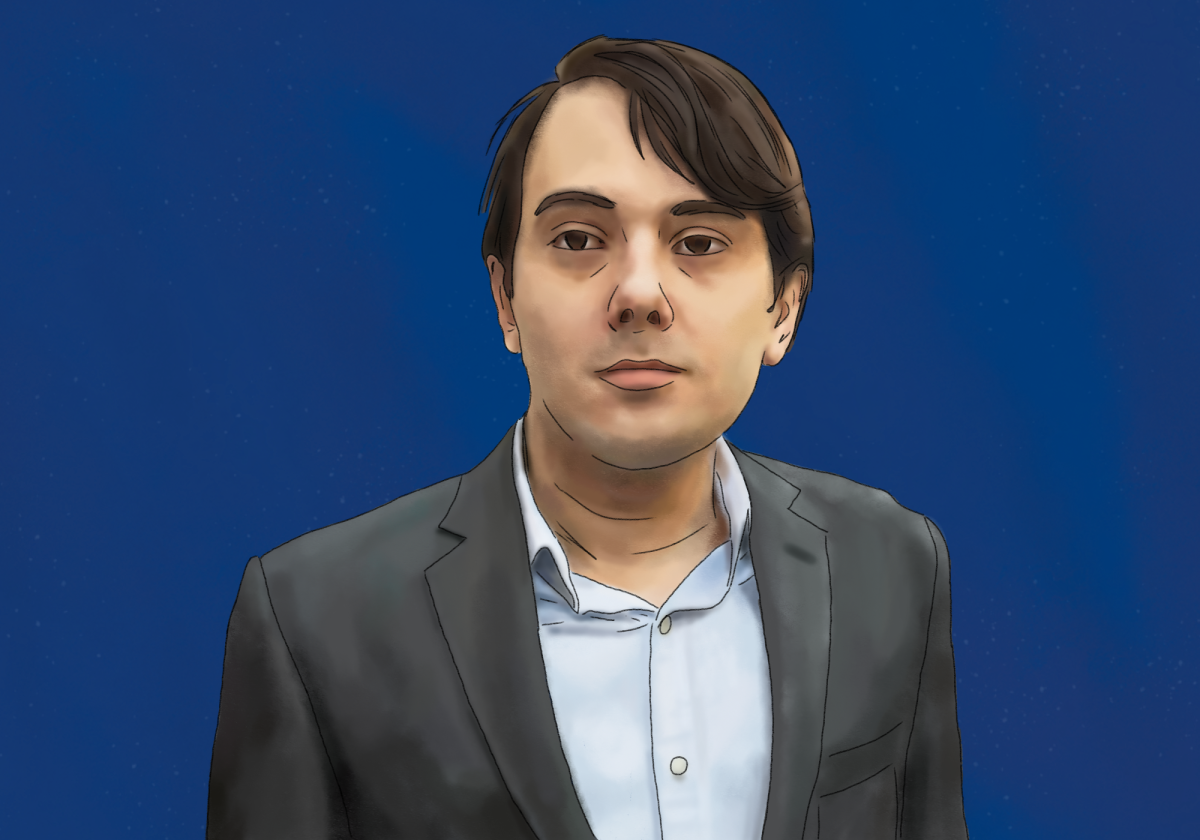Baruch College alumnus Martin Shkreli asked a federal appeals court to dismiss a lifetime ban from the pharmaceutical industry on Dec. 14, 2023.
The ban comes from a 2022 trial in which the U.S. Federal Trade Commission and several states accused Shkreli of violating federal and antitrust laws. They said that the former pharmaceutical company executive and hedge fund manager blocked generic competition through a controlled distribution system for Daraprim, a drug used to treat malaria and AIDS.
Shkreli worked as the founder and CEO of Turing Pharmaceuticals AG — later renamed to Vyera Pharmaceuticals LLC — which increased the price of Daraprim. The cost of the drug, used to treat malaria and AIDS, jumped by 5,000%, causing controversy.
A day after resigning as CEO, Shkreli was arrested for committing securities fraud related to working MSMB Capital Management, a hedge fund he founded in 2009. Convicted of the charges in March 2018, he was sentenced to seven years in federal prison.
Following his sentencing, the FTC and seven states, including New York, sued Shkreli and Vyera in 2020.
Vyera agreed to pay $40 million to resolve the suit in 2021. In a federal trial held on Jan. 14, 2022, a ruling found Shkreli guilty of violating federal and antitrust laws. He served four years in prison, but was released for good behavior on May 18, 2022.
U.S. District Judge Denise Cote ordered Shkreli to return $64.6 million in disgorgement that the Baruch alumnus earned from raising the price of Daraprim. Shkreli’s deliberate and dangerous conduct “warrants imposition of an injunction of this scope,” he said.
Shkreli and his lawyers have been appealing both punishments.
Before a panel of judges on the U.S. Court of Appeals Second Circuit on Dec. 14, 2023, Kimo Peluso, a lawyer for Shkreli, argued that his client’s actions “were not transferable to the entire field” and that Shkreli did not receive the ill-gotten gains required for disgorgement making the rulings invalid.
Disgorgement is a type of remedy imposed on felons who have received ill-gotten-gains — profits or items received in an unethical and illegal way — where the felon must pay back the affected parties in the amount of the ill-gotten-gains, often with interest added on top.
Brad Grossman, a lawyer who represented the FTC, brought up Shkreli’s history of participating in monopolistic schemes.
But the panel told Grossman that lifetime bans are usually given to repeat offenders and to remember that this was Shkreli’s first time being found guilty of violating an antitrust case.
“It’s the first time he’s been adjudicated liable,” Grossman responded to the panel, as reported by Courthouse News. “But the factor that really matters in this case is the fact that the violations were systematic, and that’s not disputed on appeal.”
“He committed similar violations to deprive patients of generic drugs over and over,” he added.
The court moved on to the $64.6 million disgorgement, where Peluso said that the disgorgement was based on the profits received by Vyera instead of Shkreli himself, which cannot be considered disgorgement under New York law.
Philip Levitz, the state attorney for New York, rejected Peluso’s claim on disgorgement.
New York courts have “expressly rejected Shkreli’s argument” because he was the mastermind of the scheme “running the company that engaged in the unlawful conduct,” which led to Vyera’s profits, he said.
The panel of judges did not reach a conclusion at the hearing, but Justice Barrington Parker Jr. defended the court’s decisions and said that everyone would agree that Shkreli “was a major threat to the public.”
Editor’s Note: Martin Shkreli, who is mentioned in this article, is a former business editor of The Ticker.









